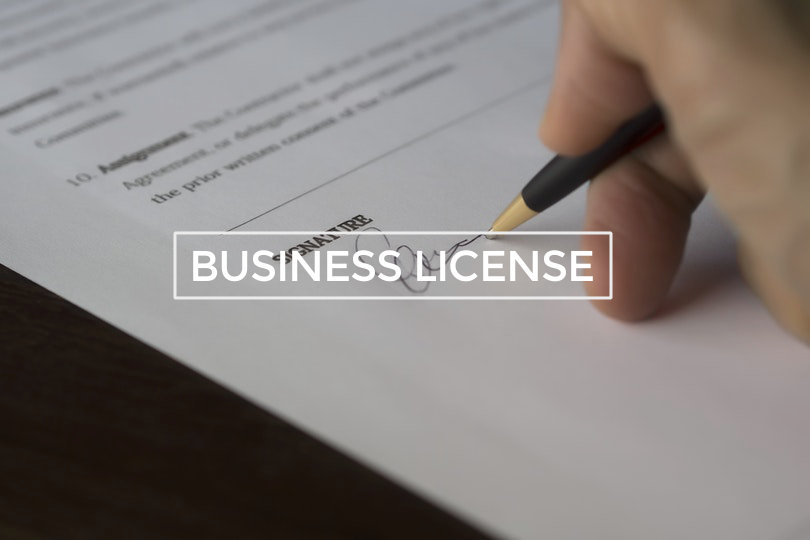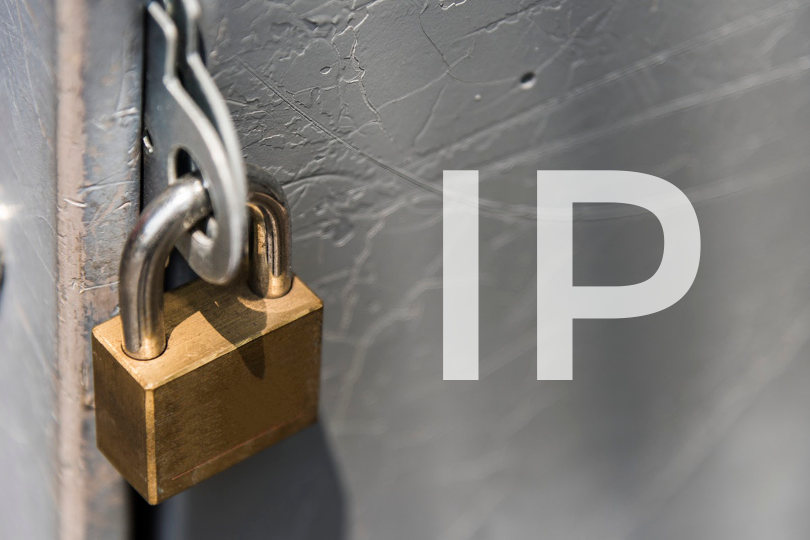Licensing of intellectual property (IP) can be a great way for small businesses to generate additional revenue, expand the market, and increase the profitability of their products. It allows you to grant others the right to use your IP in exchange for payment or a fee.
However, navigating the licensing process can be difficult. Read on for a short but sweet guide to getting your intellectual property right.
1. Listen to your intuition
Before jumping into the certification process, it’s important to have a solid understanding of your craft. Know the specific rights you hold, whether it’s a patent, trademark, copyright, or trade secret. Be aware of any security and restrictions associated with your IP address.
Pro Tips: Conduct extensive IP research to determine the benefits and opportunities of licensing your technology. Identify any gaps in security and consider additional IP registrations if necessary.
2. Assess Market Potential
Assess the market potential for licensing your IP. Find out if there is a need for your information and if licensees can benefit from using it. Conduct market research, identify potential licensees, and assess their preferences and needs. This analysis will help you determine the feasibility and value of assigning your IP.
Pro Tips: Discover trends and market opportunities that fit your philosophy. Target industries or sectors where your IP can provide a unique competitive advantage or address market needs.
3. Set the License Terms
Explain the terms and conditions of the license that may govern the use of your intellectual property. Consider factors such as license duration, location limits, royalties, fees, and any usage restrictions. Consult with an intellectual property attorney to ensure your license is legally valid and protect your interests.
Pro Tips: Tailor your certifications to meet the needs and requirements of potential licensees. Flexibility in license terms can attract multiple licensees and create a successful partnership.

4. Identify Who Can Receive Grants
Identify license holders who can benefit from using your knowledge. Research companies or people who work in industries related to your IP. Consider approaching them directly or partnering with licensing agents or brokers who can connect you with interested parties. Build relationships and participate in discussions to explore licensing opportunities.
Pro Tips: Promote networking events, industry conferences, and trade shows to connect with potential licensees. Establish a presence in relevant professional groups and develop partnerships to increase your chances of certification.
5. Negotiating and Completing the License Agreement
Once you’ve identified potential licensees, negotiate to achieve full benefits. Discuss financial terms, rights of use, quality controls, and any other related issues. Work with legal professionals to ensure that the licensing agreement protects your rights and addresses potential risks or disputes. When the points are aligned, finish license agreement.
Pro Tips: Seek guidance from technical attorneys or licensing experts experienced in negotiating licensing agreements. Their technology can help you protect the good word and better protect your intellectual property.
6. Monitoring and Enforcing Consent
After the license agreement expires, quickly monitor the licensor’s compliance. Make sure they follow agreed-upon operating guidelines, quality standards, and payment policies. Have open lines of communication to address any concerns that may arise. Be prepared to assert your rights and take action if you do not comply or break the law.
Pro Tips: Conduct regular audits to ensure licensees are using your intellectual property in accordance with the guidelines. Quickly check for any errors that may occur to protect the value of your IP.

Take away
Licensing your intellectual property can be a great way to earn extra money and increase the value of your creations. By understanding your capabilities, assessing market potential, establishing licenses, identifying potential licensees, negotiating partnerships, and monitoring compliance, you can manage the licensing process effectively.
Remember, consulting with intellectual property attorneys and professionals with licensing expertise can provide you with valuable guidance throughout the process, ensuring your IP is protected and your licensing efforts are successful.